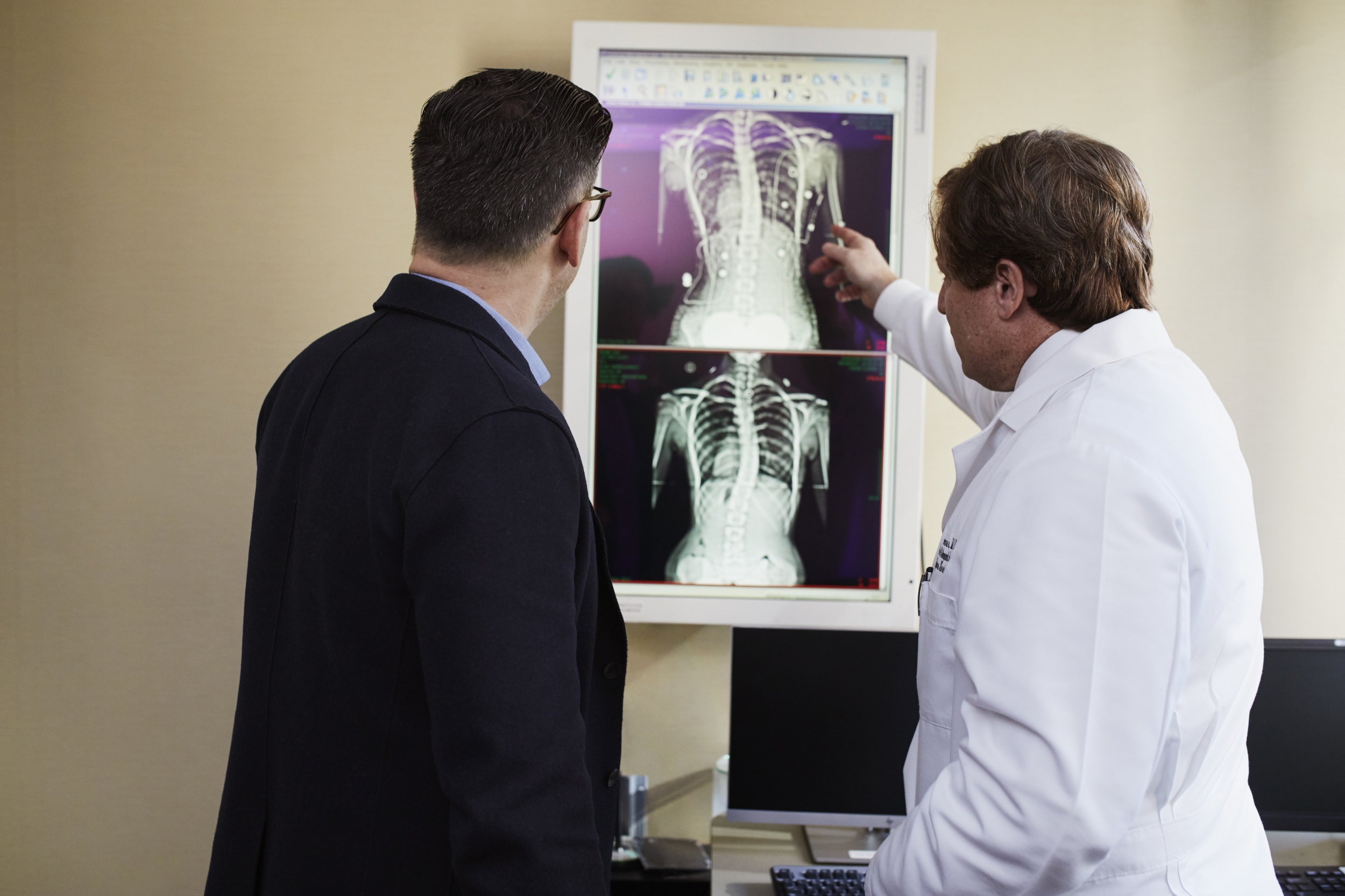Candace Westgate, MD realized the limits of care coordination and patient engagement programs for cancer risk-management and prevention only after encountering a patient testing positive for a cancer-causing genetic mutation.
Through treating this patient, the Northern California-based OBGYN took tremendous efforts to help her patient connect with genetic specialists, surgeons and other providers who are key in cancer prevention and management.
Westgate, who practices at Adventist Health notes that working in Northern California in the rural community, it takes patients around an hour and a half to two hours to reach all of the specialty care and genetic counselors they need. She did a behind the scenes work trying to take care of these high risk patients and this left her and the staff frustrated as there was so much more to do to take care of the women, their children and families within the community.
Thus, Westgate developed the Adventist Health Early All-Around Detection (AHEAD) Program, of which she is now the director. The program is centered on the idea of “care circles,” and it engages the various clinician stakeholders required to manage genetic risk for cancer. It focuses on making care more comprehensive while also driving convenience for the patient.
It’s a prevention program that screens patients for their family history, and determines whether or not they meet criteria for genetic testing. On the basis of this information, the team is able to order the genetic test for them, and if the test comes positive, patients move into highest risk group in the circle of care they’ve created for the patients.
Many challenges are faced by the team. Westgate and her team found that only few of her patients actually showed up to their genetic testing appointments. Also, it was necessary to ensure they were reaching all of their patients, not just the ones showing up to an OBGYN appointment.
Adventist deployed cancer risk screenings within their primary care clinics, and at other specialist care sites to ensure all patients received this type of care management.
Later, primary care physicians started deploying risk assessment forms thus, Westgate tapped CancerIQ, a digital risk assessment tool that streamlined the process.
Westgate said that patient-provider relationship is essential while dealing with sensitive topics like genetic cancer risk factors. Providers should be mindful about patient relationship while referring to genetic tests. Its vital to gain patient trust and patients should feel comfortable with the screening.
The physicians should also be comfortable while giving information to patients. They need to explain patients the importance of genetic information so they can manage the patient appropriately.
Patient provider communication is extremely vital for the success of this program.

